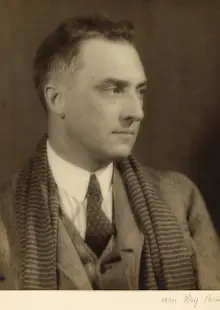
William Carlos Williams
William Carlos Williams was an American poet and physician of Latin American descent closely associated with modernism and imagism. His Spring and All (1923) was written in the wake of T. S. Eliot's The Waste Land (1922). In his five-volume poem Paterson (1946–1958), he took Paterson, New Jersey as "my 'case' to work up. It called for a poetry such as I did not know, it was my duty to discover or make such a context on the 'thought.'" Some of his best known poems, "This Is Just to Say" and "The Red Wheelbarrow", are reflections on the everyday. Other poems reflect the influence of the visual arts. He, in turn, influenced the visual arts; his poem "The Great Figure" inspired the painting I Saw the Figure 5 in Gold by Charles Demuth. Williams was awarded a posthumous Pulitzer Prize for Poetry for Pictures from Brueghel and Other Poems (1962).
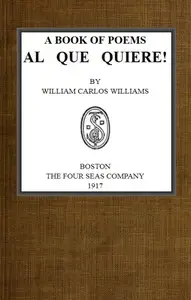
A Book of Poems, Al Que Quiere!
Experience love, nature, and the ups and downs of daily life through the eyes of a poet who finds beauty in the ordinary.
By William Carlos Williams
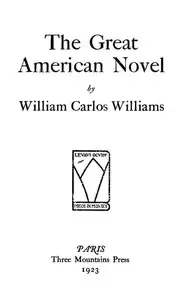
The Great American Novel
** In a time of change, a writer wrestles with progress and the meaning of words, trying to capture the soul of a nation struggling to define itself.
By William Carlos Williams
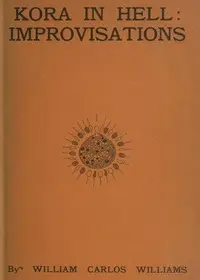
Kora in Hell: Improvisations
Enter a world where everyday life bursts into vibrant poetry fueled by imagination, as a writer explores existence, originality, and the art that binds them.
By William Carlos Williams
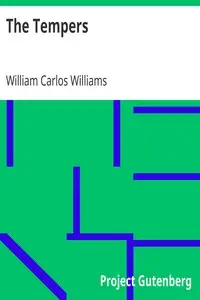
The Tempers
Explore a world of intense emotions and vivid imagery, where love, loss, and the beauty of nature intertwine.
By William Carlos Williams
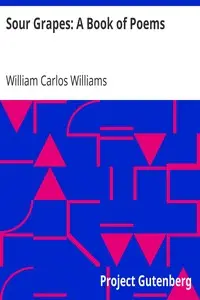
Sour Grapes: A Book of Poems
Experience life's delicate beauty and profound sorrow through poignant verse that transforms the mundane into striking moments of modern clarity.
By William Carlos Williams
